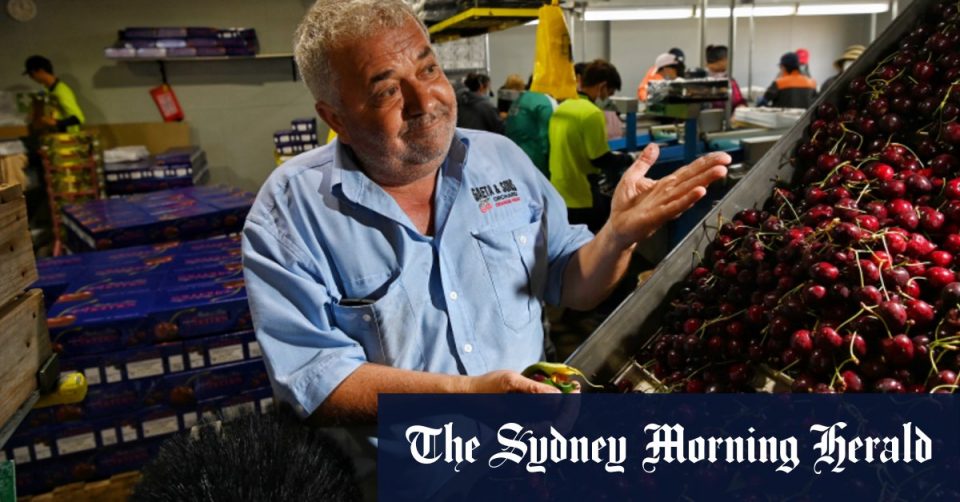These less formalised supply chains favoured by independents have been a boon to smaller operators all throughout the pandemic, as they can be more flexible than the centralised, mass-ordering distribution systems favoured by the bigger supermarkets.
Independent grocers also order in far smaller quantities than Coles or Woolworths, meaning they can more easily fulfil their requirements from smaller growers at markets.
“We buy a lot more of our produce direct from the supplier, so we can wheel and deal,” independent grocer Fred Harrison – who operates a network of 70 Ritchies Supa IGA stores through Victoria and NSW – said.
“Woolies tends to buy their chicken from Inghams, where we buy our chicken from about 10 different suppliers. We’ve also been around a long time and we have a lot of longstanding relationships, so we can call on a few favours.”
However, Mr Harrison says his stores are still “not perfect” when it comes to supply, with gaps still on the shelves when it comes to more standard products, and notes his stores are still struggling with the same staffing issues as everyone else.
Woolworths and Coles have warned that supply chains issues within the businesses could take weeks to return to normal, with the companies experiencing absenteeism of up to 20 per cent in key distribution centres.
Some suppliers have said that the supply chain pandemic should serve as a wake-up call to the country’s competition regulator, the ACCC, to investigate if Australia’s supply chains are anti-competitive.
NSW Farmers Association president, James Jackson, told The Age and the Sydney Morning Herald the system was currently a ‘duopsony’, where suppliers have only two major buyers for a product or service.
“The ACCC has always wanted proof that our fresh food supply chain has no competition in it, well, here’s the proof,” he said. “It’s only the big supermarkets that have really fallen over with their distribution networks.”
In a statement, a spokesperson for the competition regulator said the ACCC was aware of the issues but said there were many complicating factors affecting supply chains at the moment.
“In relation to concerns expressed by NSW farmers, the ACCC has long argued that there is too much concentration of Australian industry,” they said.
“This applies to supermarkets as well as many other sectors. The solution is stronger merger laws to prevent this concentration occurring in the first place.”


